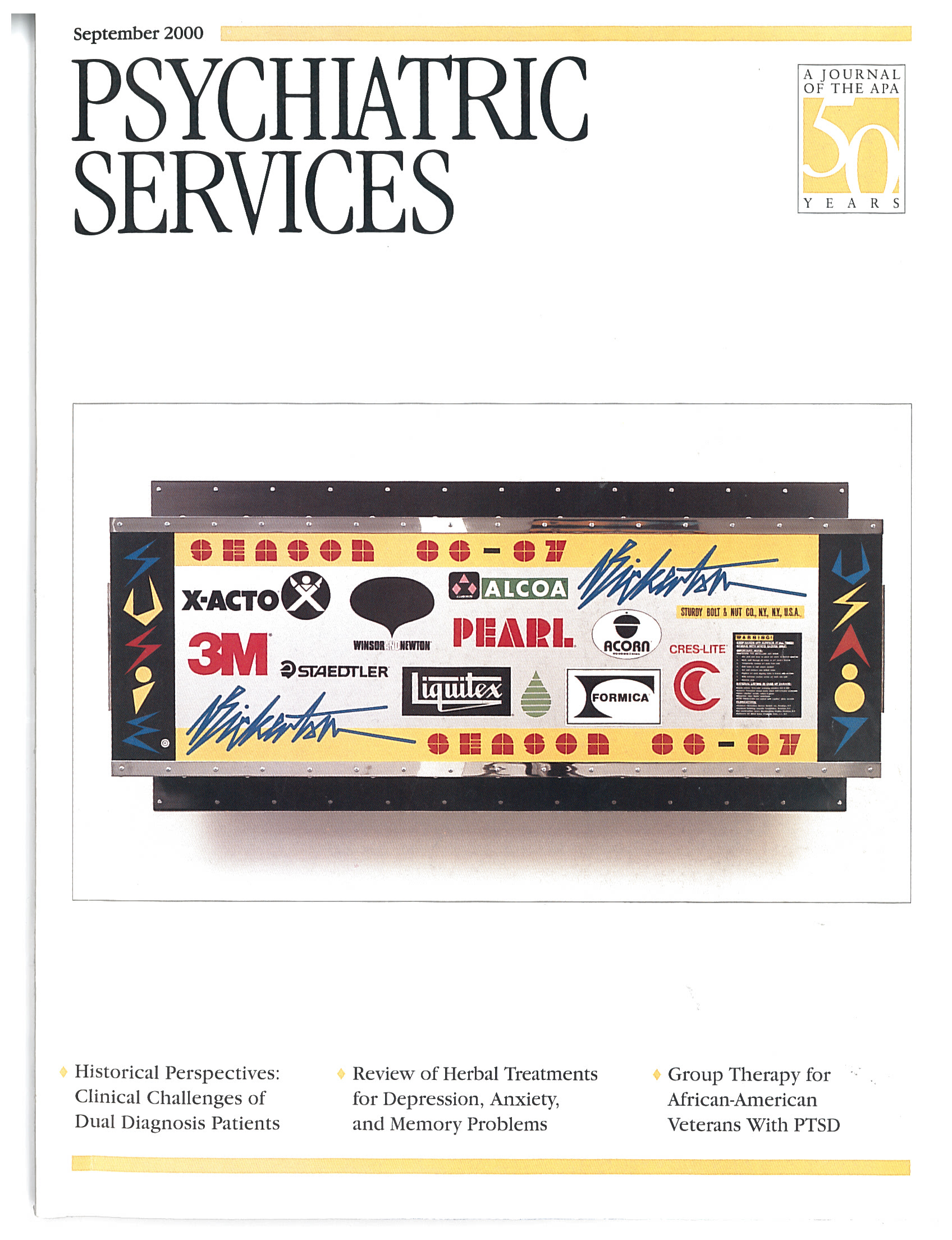Measuring Clients' Satisfaction With Self-Help Agencies
Abstract
OBJECTIVE: Clients' satisfaction with their involvement in treatment decisions has been largely overlooked in the formulation of satisfaction measures. The authors describe the development of a scale that assesses clients' satisfaction with services and with their involvement in treatment decisions. METHODS: Long-term users of four client-operated mental health self-help agencies were interviewed at baseline (N=310) and six months (N=248) using the 11-item Self-Help Agency Satisfaction Scale (SHASS). The scale was developed on the basis of consumers' input about their satisfaction with services and their involvement in treatment decisions. To explore the relationship between satisfaction as measured by the SHASS and outcomes, the six-month interview included four outcome measures—independent and assisted social functioning, symptom severity, and a sense of personal empowerment. Internal consistency, stability, and discriminant validity were evaluated. RESULTS: Factor analyses confirmed that the SHASS has two subscales, one assessing service satisfaction and the other assessing satisfaction with involvement in treatment decisions. The scale and its subscales showed high internal consistency, moderate stability, and discriminant validity. The SHASS subscales showed modest associations with two of four outcome measures—assisted and independent social functioning. CONCLUSIONS: The SHASS is a brief instrument that can be used to measure clients' satisfaction with their involvement in treatment in mental health self-help agencies.



